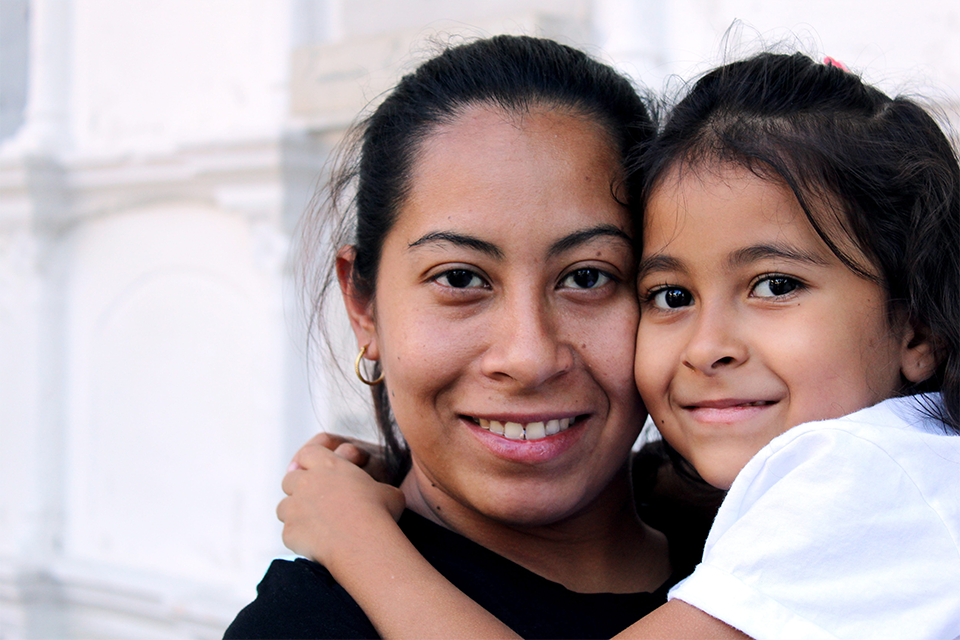Marriage occupies a profound and pivotal place within Baha’i teachings, which emphasize the sanctity of the union between individuals as not merely a social contract, but a spiritually significant partnership designed to foster individual and communal growth. For individuals contemplating the question, “Mom and Dad, can we get married?”, it is essential to elucidate the Baha’i perspective and impart guidelines that nurture understanding, respect, and harmony in this intimate endeavor. This treatise delves into the multifaceted aspects of Baha’i teachings on marriage, providing a comprehensive guide for couples considering this sacred covenant.
I. The Spiritual Foundation of Marriage
At its core, Baha’i teachings regard marriage as a divine institution, ordained by God. This perspective can elucidate the responsibilities and expectations inherent in marital partnerships. According to Baha’i beliefs, marriage is not solely an arrangement between individuals; rather, it is a medium through which spiritual and social progress can be attained. Couples are encouraged to approach marriage with the understanding that their union is a reflection of the divine will and can serve to elevate their spiritual aspirations.
II. The Importance of Compatibility
In considering the question of marriage, compatibility emerges as a cardinal principle grounded in Baha’i doctrine. Potential partners are encouraged to engage in a deep examination of their values, beliefs, and aspirations. The compatibility of these dimensions provides a solid foundation for marriage. Baha’i teachings underscore the significance of mutual understanding, emphasizing that partners should possess a shared vision for their lives, family, and community engagement. This unity transcends mere convenience; it forms the bedrock upon which a resilient partnership can flourish.
III. The Role of Parental Guidance
When contemplating marriage, the involvement of parents in the decision-making process is often paramount. Baha’i principles advocate for the honoring of parents, encouraging open communication to discuss marriage aspirations. Parents can offer wisdom from their life experiences, providing counsel that reflects both love and concern. This intergenerational dialogue fosters an environment where all parties can express their perspectives and feelings regarding potential unions, paving the way for a harmonious familial atmosphere.
IV. The Process of Consultation
Central to Baha’i teachings is the principle of consultation, a vital tool for decision-making. Couples are urged to engage in candid discussions regarding their intentions, expectations, and potential challenges that may arise during their marriage. This methodology not only promotes clarity but also cultivates an atmosphere of trust and collaboration. By involving parents in the consultation process, couples can deepen their understanding of familial expectations while remaining aligned with their own convictions.
V. Engaging With Community Resources
The Baha’i community offers an array of resources that can support couples in their marital journey. Engaging in Baha’i marriage preparation programs is highly encouraged. These initiatives provide couples with valuable insights into the dynamics of interpersonal relationships and the skills required for effective communication and conflict resolution. Moreover, they underscore the importance of continuous spiritual growth as a married couple, illustrating that the union is an evolving journey rather than a fixed destination.
VI. The Weaving of Individual and Collective Identities
Baha’i teachings posit that marriage is a collaborative endeavor that invites both individuals to weave their identities into a unified tapestry. Each partner brings unique strengths, perspectives, and talents to the relationship, which can enhance collective well-being. This synergy promotes a vision where both individuals thrive, balancing personal aspirations with mutual commitments. Couples must strive to maintain their individual identities while nurturing the shared narrative of their union.
VII. The Necessity of Spiritual Practices
In the Baha’i Faith, spiritual practices are regarded as integral to the health of any marriage. Couples are encouraged to engage in prayers, meditation, and service activities, cultivating a spiritual atmosphere conducive to mutual growth. This regular engagement enhances emotional resilience and reinforces the spiritual connection between partners. Recognizing that each partner’s spiritual well-being can deeply affect the relationship fosters an environment where support and encouragement prevail, ensuring that both partners remain grounded in their faith.
VIII. Navigating Challenges
Marriage, like any significant life endeavor, is bound to encounter challenges. Baha’i teachings advocate for patience and understanding in navigating difficulties. Couples are reminded that trials can serve as opportunities for growth, fostering deeper connection and resilience. Engaging in open and honest dialogue, coupled with a commitment to consultative practices, equips couples to address conflicts constructively. The framework of consultation empowers partners to embrace challenges as shared experiences rather than obstacles to be navigated in isolation.
IX. The Celebration of Marriage
The act of marriage within the Baha’i Faith is marked by joyful celebrations that honor the union’s significance. Rituals and community gatherings enhance the sanctity of the occasion, allowing family and friends to witness and support the couple’s commitment. These ceremonies are not only celebrations of love but are also opportunities for the community to engage and participate in the shared journey of the couple, reinforcing collective bonds.
X. Conclusion
In summation, the Baha’i perspective on marriage encompasses a holistic approach, reflecting the dual necessities of individual development and communal responsibility. The question of “Mom and Dad, can we get married?” necessitates introspection, consultation, and an unwavering commitment to spiritual growth. By adhering to these guidelines rooted in Baha’i teachings, couples can forge marriages that are not only fruitful but transformative, contributing to their lives and the broader society. This sacred journey is a testament to the power of love, faith, and shared purpose, inviting all who embark upon it to cherish each step of their shared path.
